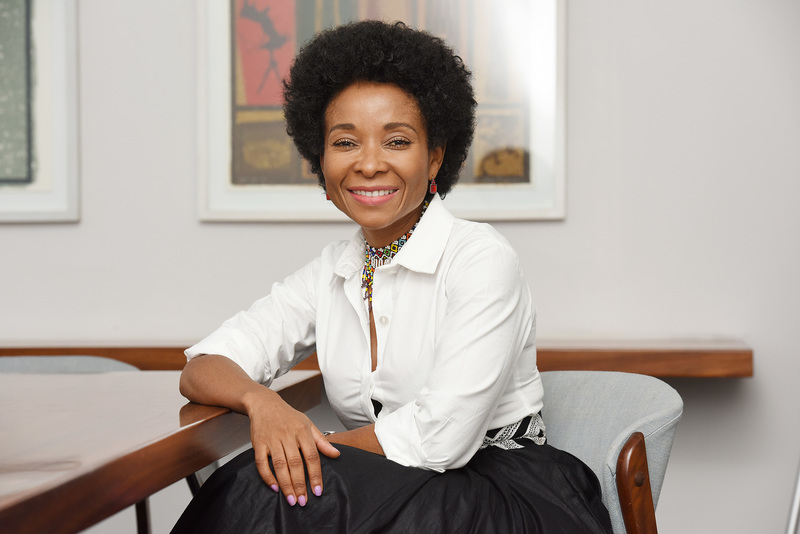Phakeng prepares for push-back over 2019 fee hikes
02 July 2018 | Story Tamar Kahn. Photo Michael Hammond. Read time 4 min.
The University of Cape Town’s (UCT) incoming vice-chancellor, Mamokgethi Phakeng, has always loved maths, not least for the way that multiple solutions can be crafted for the same problem. The ability to recognise that there may be different ways to crack a challenging task is a skill on which she will need to draw deeply as she takes the reins from Max Price in July.
UCT is under pressure from all sides in the wake of the Rhodes Must Fall protests, which began in 2015 as a campaign to remove the statue of British imperialist Cecil John Rhodes from the campus. It led rapidly to a wider movement to "decolonise" education and make tertiary institutions more accessible to students from poor households.
The instability led to an unprecedented exodus of top academics, and a sharp decline in revenue-generating foreign students. Throw in the impact of Cape Town’s devastating drought and she will clearly have her hands full.
Phakeng (51) was the first black woman in SA to obtain a PhD in maths education, and she is currently UCT’s deputy vice-chancellor for research & internationalisation. Her parents had high expectations of all three of their children, but never conveyed the idea that being mathematically minded was anything exceptional, she says. "My older brother was regarded as the gifted one, and he studied history," she laughs.
Maths for her was the easy way out, a refuge from subjects that demanded an impossible amount of recall. To this day she remains irritated by people who wear their fear of maths as a badge of honour.
There is a lull in the student protests, thanks to former president Jacob Zuma’s announcement of free higher education for students from poor and working class households. She expects some push-back next semester, when UCT considers its fee increases for 2019.
"There is anger and impatience across the country, as [people] witness the fact that in our country the only way you get heard is if you destroy. We see that over and over again. That is why in my leadership style, I try to listen, to hear people from where they come from, and not to come with a mindset that says ‘you are this or that’," she says.
Zuma’s promise of free undergraduate education has created a headache for universities who now need to find ways to support students at postgraduate level. More black researchers are desperately needed, but UCT does not yet have a deal for them, says Phakeng. She is also wrestling with postgraduate brain drain, trying to figure out how to persuade young talent to stay put, carve out a career in academia here in SA, and train the next generation of researchers.
"There’s something wrong with having our best researchers train outside the country. Brain circulation is important, but it’s not right to send our best to the West," she says.
At the same time, the institution has to find a way to retain its top academics. "As we work on our institutional culture and move towards the transformation agenda, it will be my business to make sure academic staff know just how valuable they are," says Phakeng.
 This work is licensed under a Creative Commons Attribution-NoDerivatives 4.0 International License.
This work is licensed under a Creative Commons Attribution-NoDerivatives 4.0 International License.
Please view the republishing articles page for more information.










